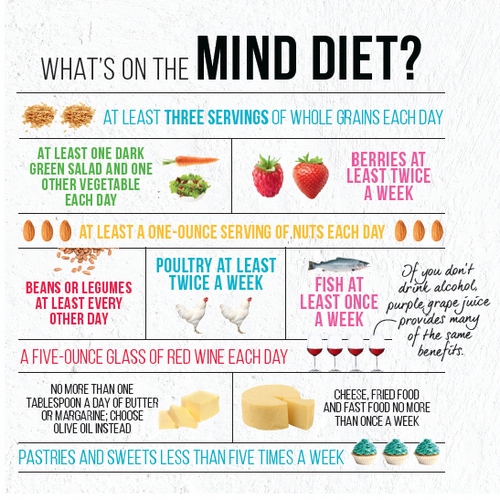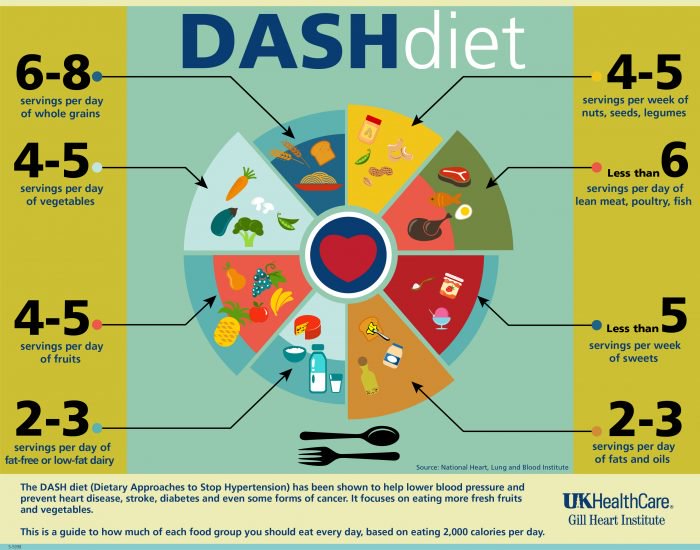Evidence shows that a diet rich in fruit, vegetables, cereals, and low in red meat and sugar could help reduce Dementia risks. They have also shown that sticking to the diet more strictly might be associated with slower rates of decline in memory and thinking. The best way to reduce your risk of Dementia is to adapt to various aspects of your lifestyle. Including eating certain foods, taking regular exercise, not smoking and maintaining normal blood pressure and cholesterol levels.

The costs
When you look at which diseases are “most expensive” for society, mental disorders and Dementia are at the top. Billions of euros and dollars are being spent to treat Dementia.
But imagine that there would be a pill that could rejuvenate our brains for 7.5 years and thereby lower the risk of Alzheimer’s or other forms of Dementia by more than 50%.
The whole world would then be turned upside down, if only because of the enormous costs that would be saved with this. The pill, unfortunately, does not exist (yet). But the good news is … the Mediterranean-style diet does!

The 3 best known diets to prevent Dementia
- The MIND diet is, as the name implies, intended to promote a healthy mind and reduce the risk of Alzheimer’s disease. It is a mix of the Mediterranean diet and the DASH diet – two diets that have been identified as having different health benefits.
- The DASH diet (dietary attacks to stop hypertension) is, as the name suggests, aimed at helping to relieve hypertension. It focuses on helping people eat foods that can lower their sodium intake and blood pressure.
- The Mediterranean diet focuses on eating food that is as natural as possible, while limiting unhealthy fats and red meat.
MIND Diet
The the MIND diet (Mediterranean-DASH Intervention for Neurodegenerative Delay) was developed by American researchers, to help prevent Dementia and Alzheimer disease (AD). They investigated which dietary patterns have a positive influence on our ability to absorb and remember knowledge.
According to the inventors, proteins, omega-3 fats, antioxidants and fibers reduce the risk of Alzheimer’s and Dementia. Eating less sugar, saturated fats and trans fats also helps. And as has been shown many times, the Mediterranean diet also scored well here, just like the so-called DASH diet. The DASH diet was developed in the United States in the 1990s for people with high blood pressure.
The researchers combined these two diets and that is how the MIND diet originated. They added a few small changes that stemmed from research into the relationship between nutrition and Dementia. For example, it is known that berries in particular have a protective effect on the brain.
The researchers focused on the mix of two well-known, healthy diets because it would be easy to follow. The MIND diet recommends eating 10 foods daily and avoiding five types of food.
The healthy food group contains:
- Vegetables
- Green leafy vegetables in particular
- Berries, especially blueberries
- Nuts
- Beans
- Wine
- Whole Grain
- Fish
- Poultry
- Olive oil

The five unhealthy foods are:
- Fried or Fast Food
- Red meat
- Cheeses
- Butter and slice of margarine
- Pastries and sweets
The rules of the diet are:
- Receive at least three servings of whole grains per day
- Eat a salad every day
- Eat a different vegetable every day
- Drink a glass of wine every day
- Snack on nuts almost every day
- Eat beans every other day
- Consume poultry and berries at least twice a week
- Unhealthy food is allowed, but less than one serving per week, with the exception of butter
- Less than 1 tablespoon of butter per day is allowed
MIND’s findings are based on information about what people ate and the illnesses that they subsequently contracted over the course of their lives.
Currently, there are no set guidelines for how to follow the MIND diet. Simply eat more of the 10 foods the diet encourages you to eat and eat less of the five foods the diet recommends you limit.

DASH Diet
The DASH diet consists of foods with a low content of saturated fat, total fat, and cholesterol, and is intended to lower blood pressure. It is rich in fruits, vegetables, low-fat dairy products, whole grains, poultry, fish and nuts.
It is similar to the Mediterranean diet, but the Mediterranean diet is more specific, because butter is replaced by olive oil and other healthy fats, and herbs are replaced by salt.
The Mediterranean and DASH diets are generally very healthy diets. They have an extremely high amount of vegetable food: fruits, vegetables, vegetable proteins (nuts, seeds, legumes). They are also very rich in potassium and magnesium, two electrolytes/minerals that we usually do not get enough from our diet.

Mediterranean Diet
Mediterranean diets have long been linked to better heart and brain health as well as a lower risk of developing diabetes. But research to date hasn’t offered a clear picture of whether any cognitive benefits of eating this way might differ for people with and without diabetes, said lead study author Josiemer Mattei of the Harvard T.H. Chan School of Public Health in Boston.
A healthy Mediterranean diet includes foods that are rich in fruit and vegetables, which have antioxidants, and in fish and oils, which include healthy fats. The nutrients help sustain cognitive function by reducing inflammation and oxidation in the brain.
These benefits may help people whether or not they have diabetes. When people do have diabetes, however, the abundance of whole grains and legumes in a typical Mediterranean diet may help keep blood sugar well controlled and improve cognitive function.
When it comes to eating fish and fish products, of which the Mediterranean diet recommends more, we must be careful, because some potential pollutants and toxins, including mercury and plastic residues, end up in fish.
When you eat fish, it is a good idea to aim low in the food chain and look for products that are sustainably caught (line and pole caught).
For most people, following the Mediterranean diet is a good way to ensure a healthy diet, which may be important for maintaining good brain function.

The studies
For MIND, DASH Mediterranean diet evaluations and Dementia, researchers scored participants’ eating habits based on how much they consumed the main foods that make up a Mediterranean diet, plus how much they ate of foods typically included in two other types of heart-healthy diets, including the DASH diet recommended by the American Heart Association.
Researchers conducted studies on the MIND diet for nearly a decade, working with a group of 923 seniors. The results showed that the diet reduced the risk of Alzheimer’s by as much as 53 percent among participants who closely followed the diet. It also helped 35 percent of seniors who followed the diet reasonably well, according to the Rush University Medical Center.
The studies also showed that the longer a person followed the MIND diet, the better the diet protected the person against the development of Alzheimer disease.
One of the more exciting things about this is that people who even moderately adhered to the MIND diet reduced their risk of Alzheimer’s disease.

Does it work?
What are the results? Does it really work? To this end, the researchers followed around 1,000 elderly people (people over 80) for 10 years. After an initial 0 measurement, the elderly were divided into groups. A group that adhered best to the MIND diet, a group that adhered less to the diet and a group that adhered very poorly to the diet.
The elderly people were followed for 10 years and the results at the end of those 10 years were amazing. The group that had adhered best to the MIND diet had 53% less chance of Alzheimer’s compared to the group with the lowest score. The healthiest group also appeared to have the youngest brain.
According to the WHO, there are 10 million new cases of Dementia diagnosed each year – and that’s expected to triple by 2050.
So will this health diet work for you?
In my own experience, this diet could help you lose weight and could be beneficial to brain health at the same time. It is a different way of dealing with food and its intake. You change your way of life for a healthier and hopefully longer life. It is not difficult to keep up once you get used to it.
In general, healthy eating patterns with many products, low saturated fats are very good for human health and even the environment.
As with any diet, you must consult a doctor or dietician before you start a new diet plan.

When you need more information or tips don’t hesitate to contact us.
